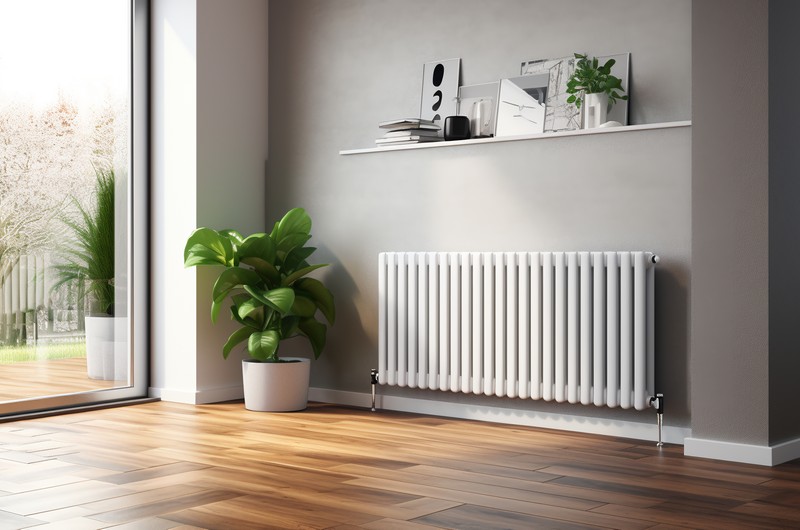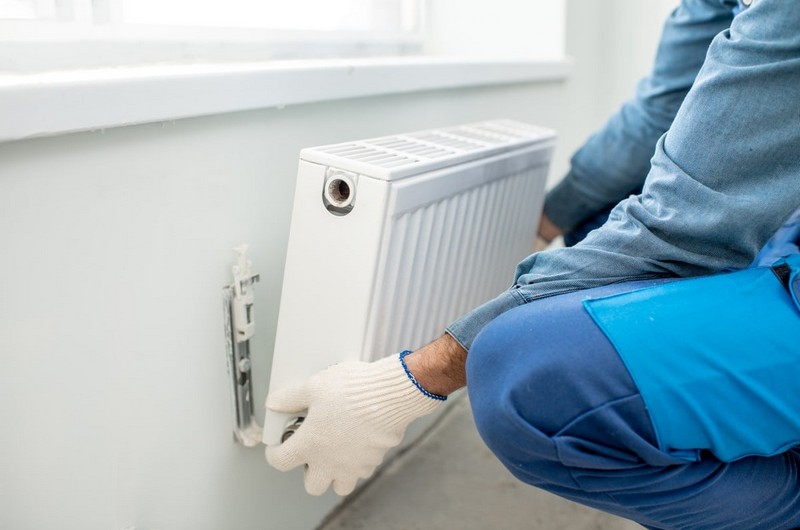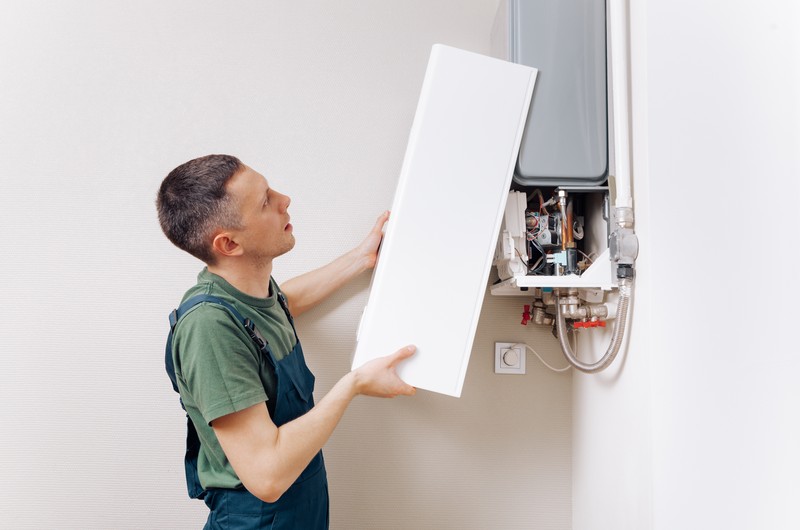 Navigating the Different Types of Heating Systems: A Guide for UK Homeowners
Navigating the Different Types of Heating Systems: A Guide for UK Homeowners
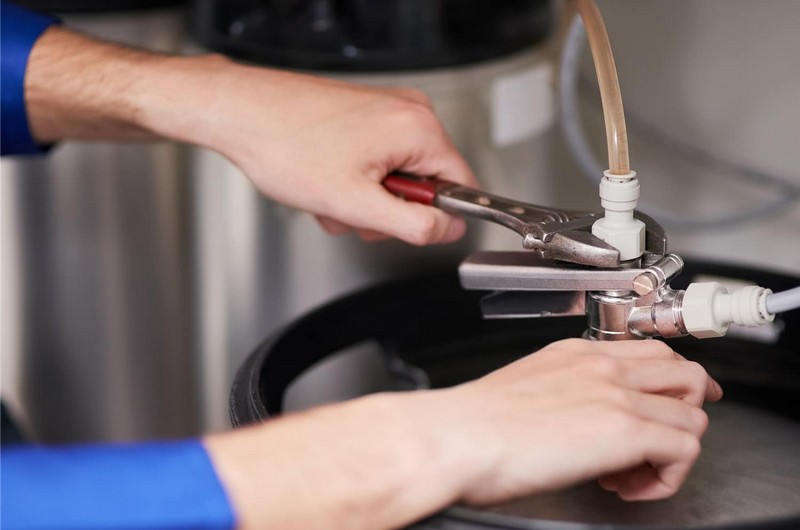
Different types of heating systems have different benefits and drawbacks that UK homeowners should consider when deciding which system to install in their home. Central heating, storage heaters, and electric fires are the three most common types of heating systems in the UK. Each type of system has its own set of benefits and drawbacks that should be considered before deciding.
Central heating is a system in which heat is generated in a central location, such as a boiler, and then distributed to individual rooms through a system of pipes and radiators. Central heating is generally more expensive to install than other types of heating systems, but it is also more efficient and can be more comfortable for homeowners because it evenly distributes heat throughout the home.
Storage heaters are electric fires that use electricity to generate heat, which is then stored in clay bricks or other materials that can absorb and release heat slowly over time. Storage heaters are less expensive to install than central heating, but they can be less efficient because they only store a limited amount of heat at one time. Additionally, storage heaters can be less comfortable for homeowners because they often release all of the stored heat at once, which can create hot spots in the home.
Electric fires are fires that use electricity to generate heat, which is then distributed to the room through convection. Electric fires are generally the most affordable type of heating system to install. but they can be less efficient than other types of heating systems because they only generate heat when they are turned on. Additionally, electric fires can be less comfortable for homeowners because they often do not evenly distribute heat throughout the home.
How to know which system is right for your home
As a homeowner in the UK, you have several different types of heating systems to choose from. The most common are central heating, storage heaters, and electric fires. To make the best decision for your home, it is important to understand the benefits and drawbacks of each system. Additionally, consider the size of your home and the climate in your area. If you live in a small home in an area with a mild climate, an electric fire may be the best option. However, if you live in a large home in a cold climate, central heating is likely a better choice. Ultimately, the best way to determine which system is right for your home is to consult with a professional who can assess your specific needs and make recommendations based on that assessment.
The benefits of each system
Installing a new heating system is a big decision for any homeowner. There are many factors to consider, such as the size of the home, the climate in the area, and the budget. Homeowners should also consider the benefits of each type of system before deciding.
Central heating systems tend to be more expensive to install than other types of heating systems, but they are also more efficient. Central heating systems evenly distribute heat throughout the home, which can be more comfortable for homeowners. Additionally, central heating systems can save money on energy bills in the long run because they are more efficient than other types of heating systems.
Storage heaters are less expensive to install than central heating, but they can be less efficient because they only store a limited amount of heat at one time. Additionally, storage heaters can be less comfortable for homeowners because they often release all of the stored heat at once, which can create hot spots in the home. However, storage heaters have the benefit of being able to be turned off when not needed, which can save money on energy bills.
Electric fires are generally the most affordable type of heating system to install. but they can be less efficient than other types of heating systems because they only generate heat when they are turned on. Additionally, electric fires often do not evenly distribute heat throughout the home. However, electric fires have the benefit of being easy to install and requiring little maintenance.
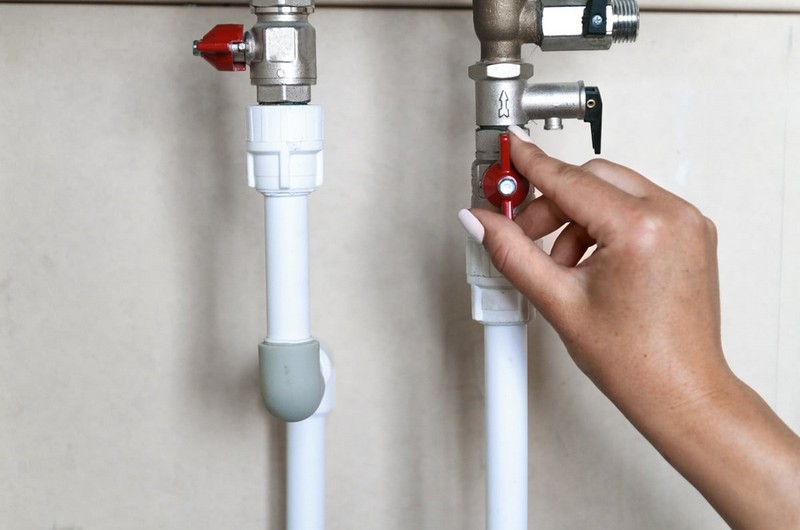
The drawbacks of each system
The main drawback of central heating is the cost of installation and maintenance. Central heating systems are more expensive to install than other types of heating systems, and they require regular maintenance to keep them running efficiently. Additionally, central heating systems are not always compatible with older homes, and they can be difficult to operate.
The main drawback of storage heaters is the cost of installation and maintenance. Storage heaters are less expensive to install than central heating, but they require regular maintenance to keep them running efficiently. Additionally, storage heaters are not always compatible with older homes, and they can be difficult to operate.
The main drawback of electric fires is the cost of installation and maintenance. Electric fires are generally the most affordable type of heating system to install, but they require regular maintenance to keep them running efficiently. Additionally, electric fires are not always compatible with older homes, and they can be difficult to operate.
How to maintain your heating system
Homeowners should take care to maintain their heating system to ensure it runs efficiently and lasts as long as possible. Here are some tips for maintaining a heating system:
Regularly check the system for leaks or damage: Homeowners should regularly check their heating system for leaks or damage. This can be done by visually inspecting the system for any signs of leaks or damage, and by listening for any strange noises that may indicate a problem. If any leaks or damage are found, they should be repaired immediately.
Make sure that all vents and ducts are clear: Homeowners should make sure that all vents and ducts are clear. Regularly dusting and vacuuming all of the vents and ducts in the home can do this. Additionally, any obstructions in the vents or ducts should be removed as soon as possible.
Change the air filter regularly: Homeowners should change the air filter in their heating system regularly. This will help to make sure that the system runs efficiently and prevents dust and debris from damaging the system. Most filters should be changed every three months.
Schedule an annual maintenance visit from a qualified technician: Homeowners should schedule an annual maintenance visit from a qualified technician. During this visit, the technician will clean the system and perform any necessary repairs. This will help to keep the system running efficiently and prevent major problems from developing.

